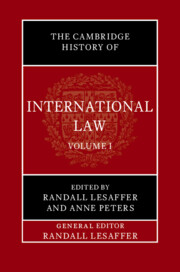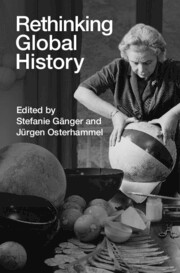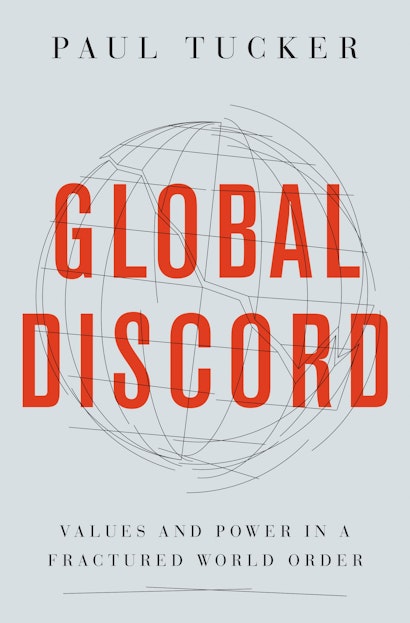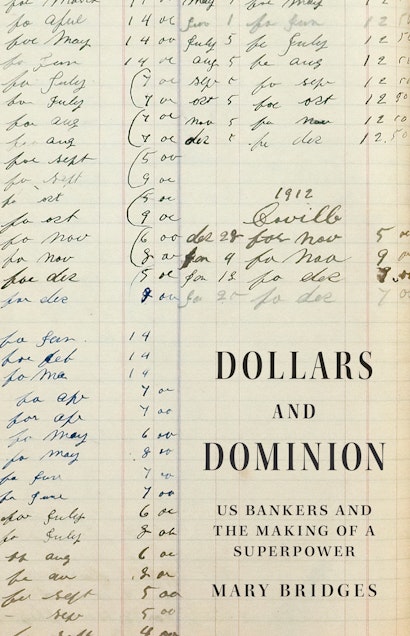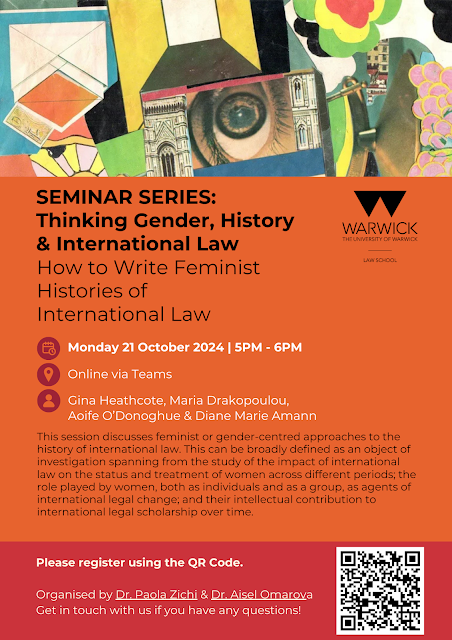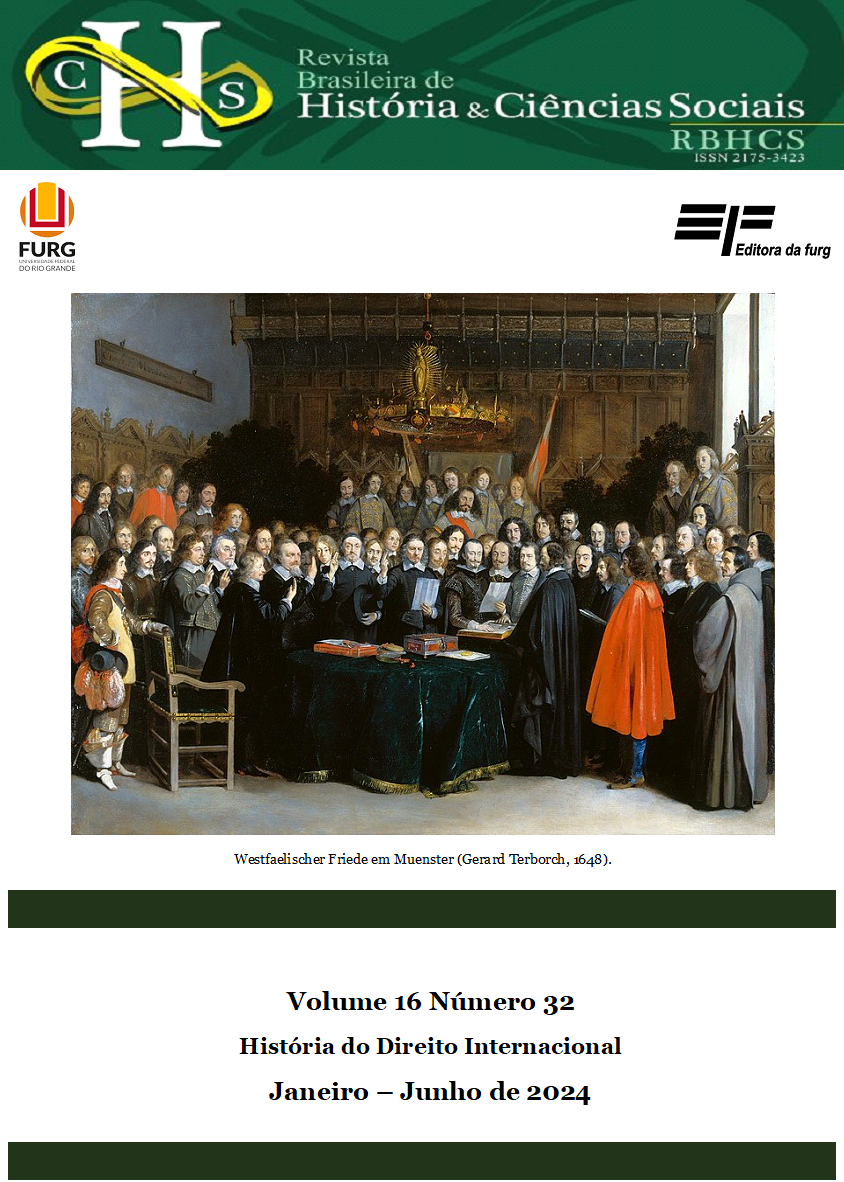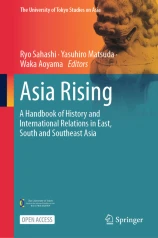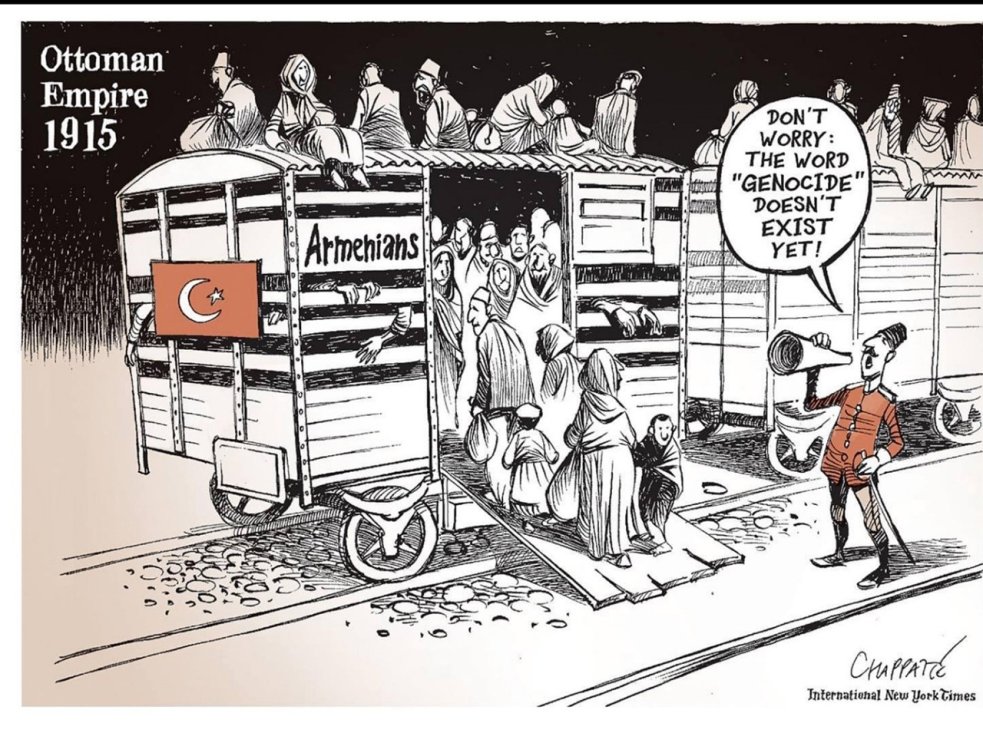Description:
Apresentação do Volume 16 Número 32 da Revista Brasileira de História & Ciências Sociais
Denize Terezinha Leal Freitas, Fabiano Quadros Rückert, José Carlos da Silva Cardozo, Jonathan Fachini da Silva, Tiago da Silva Cesar, Wagner Silveira Feloniuk
4-5
História do Direito Internacional
Augusto Jaeger Junior, Arno Dal Ri Jr., Lucas Carlos Lima
6-10
Dossiê
Percursos do Princípio das Nacionalidades nas doutrinas belgas de Direito Internacional: do Círculo de Gante à Escola de Lovânia (1863-1953)
DOI: https://doi.org/10.14295/rbhcs.v16i32.16513
Arno Dal Ri Jr
11-53
A cláusula da nação mais favorecida em tratados comerciais: percepções ocidentais sobre a prática latino-americana de tratados comerciais no final do século XIX e início do século XX
DOI: https://doi.org/10.14295/rbhcs.v16i32.16576
Florenz Volkaert, Fernando Muniz Shecaira
54-87
A participação brasileira na elaboração do Estatuto da CPJI: o papel de Clovis Bevilaqua a Raul Fernandes
DOI: https://doi.org/10.14295/rbhcs.v16i32.16509
Lucas Carlos Lima
88-107
A história da construção do modelo de produção tradicional do direito internacional
DOI: https://doi.org/10.14295/rbhcs.v16i32.16665
Amina Welten Guerra
108-138
A prática dos estados asiáticos na implementação do princípio de proteção de monumentos e obras de arte antes da Primeira Guerra Mundial
DOI: https://doi.org/10.14295/rbhcs.v16i32.16429
Alice Lopes Fabris
139-158
A obra literária de Carl Schmitt durante seus anos como protagonista jurídico do nacional-socialismo (1933-1936): uma sobreposição entre os escritos e os fatos
DOI: https://doi.org/10.14295/rbhcs.v16i32.16602
Marcelo Markus Teixeira
159-181
Decolonizing International Law: between demystifications and resignifications
DOI: https://doi.org/10.14295/rbhcs.v16i32.16555
Tatiana de A. F. R. Cardoso Squeff, Gabriel Pedro Dassoler Damasceno
182-205
O peticionamento das vítimas de violações de direitos humanos no sistema convencional das nações unida
DOI: https://doi.org/10.14295/rbhcs.v16i32.16529
Cristina Figueiredo Terezo Ribeiro, Thaís Magno
206-245
De objetivos universais a resultados locais: apontamentos para uma história da proteção regional aos direitos humanos
DOI: https://doi.org/10.14295/rbhcs.v16i32.16586
Alexander de Castro
246-269
Direitos africanos dos Direitos Humanos – análise desde a perspectiva jurídico-histórica
DOI: https://doi.org/10.14295/rbhcs.v16i32.16565
João Francisco
270-298
A talidomida no banco dos réus: o julgamento de Alsdorf (Alemanha, 1968) a partir da imprensa brasileira
DOI: https://doi.org/10.14295/rbhcs.v16i32.16582
Francieli Lunelli Santos
299-323
A Resiliência da Identidade: Indigenato e a Virada Histórica no Direito Internacional
DOI: https://doi.org/10.14295/rbhcs.v16i32.16369
Lucas Lixinski
324-354
O Supremo Acordo: usos jurídicos do passado da Anistia no julgamento da Arguição de Descumprimento de Preceito Fundamental n. 153
DOI: https://doi.org/10.14295/rbhcs.v16i32.16715
Ilanil Coelho, Pedro Odainai
355-390
Interesses políticos na evolução histórica do Direito Internacional dos Refugiados e no caso ucraniano: entre humanitarismo e seletividade na prática europeia
DOI: https://doi.org/10.14295/rbhcs.v16i32.16537
Augusto Jaeger Junior, Ricardo Strauch Aveline
391-420
Das contribuições de Francisco de Vitória ao necessário giro epistemológico para as Américas: o Direito Internacional redimensionado a partir do Sul Global
DOI: https://doi.org/10.14295/rbhcs.v16i32.16568
Thiago Giovani Romero, Wanda Helena Mendes Muniz Falcão, Vinicius Villani Abrantes
421-438
O solidarismo de Hugo Grócio como princípio normativo de um constitucionalismo transnacional no século XXI
DOI: https://doi.org/10.14295/rbhcs.v16i32.16724
Anderson Vichinkeski Teixeira
More info with the publisher.

